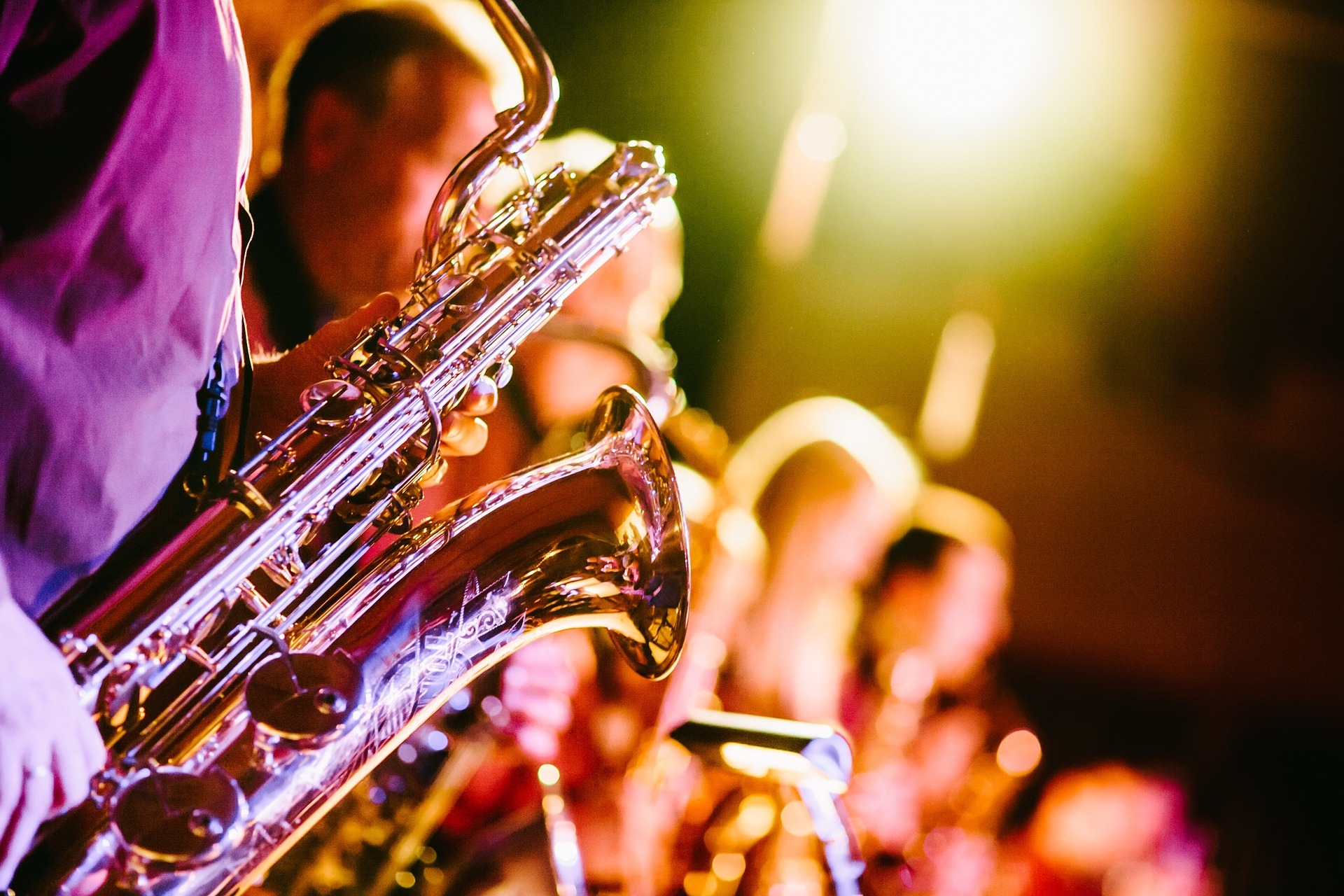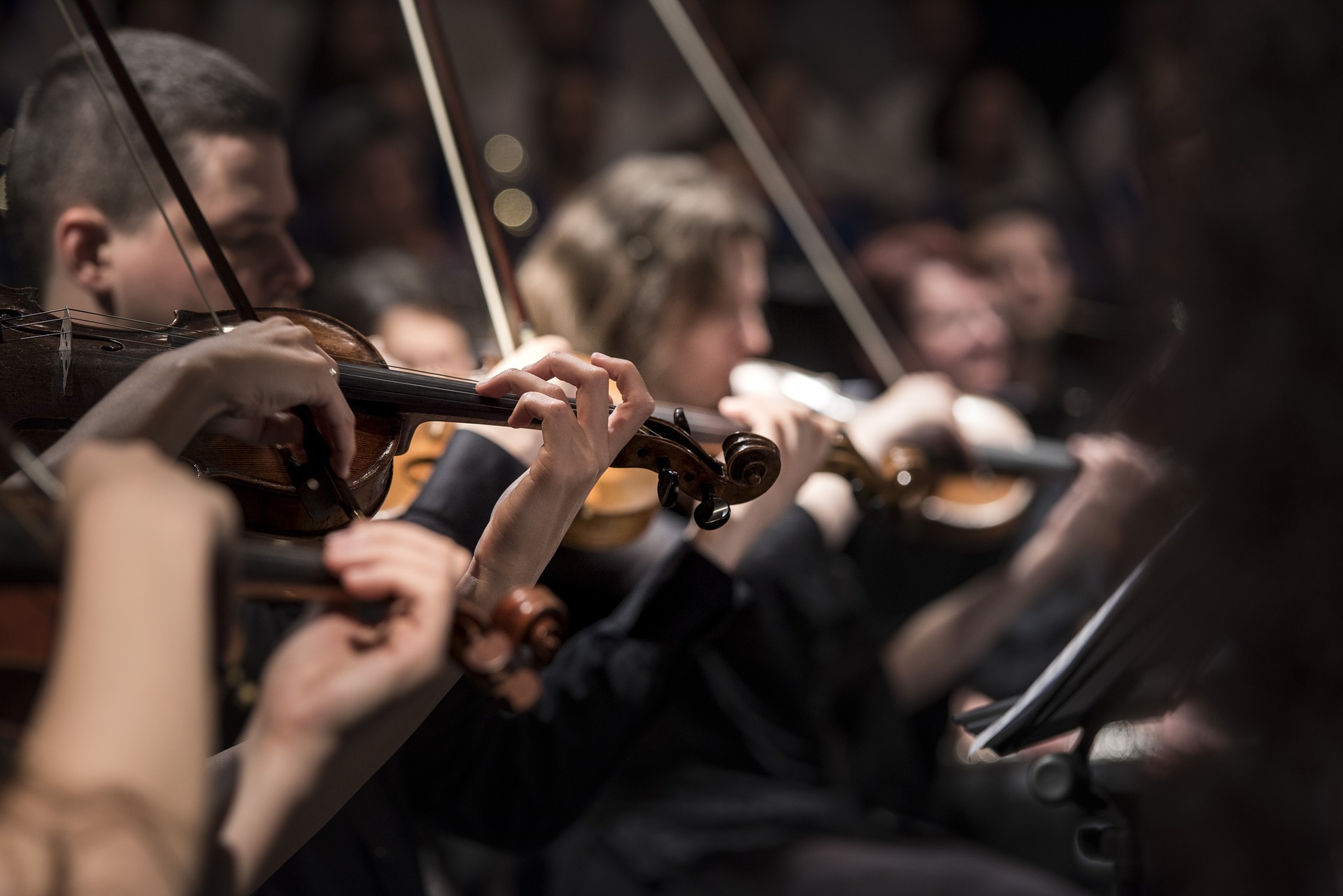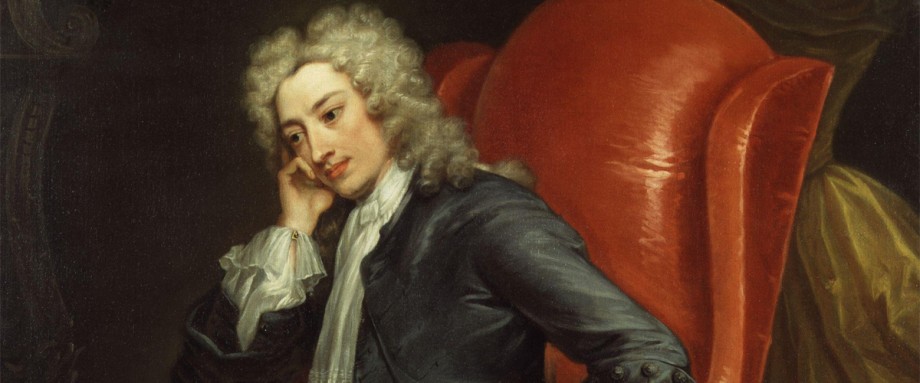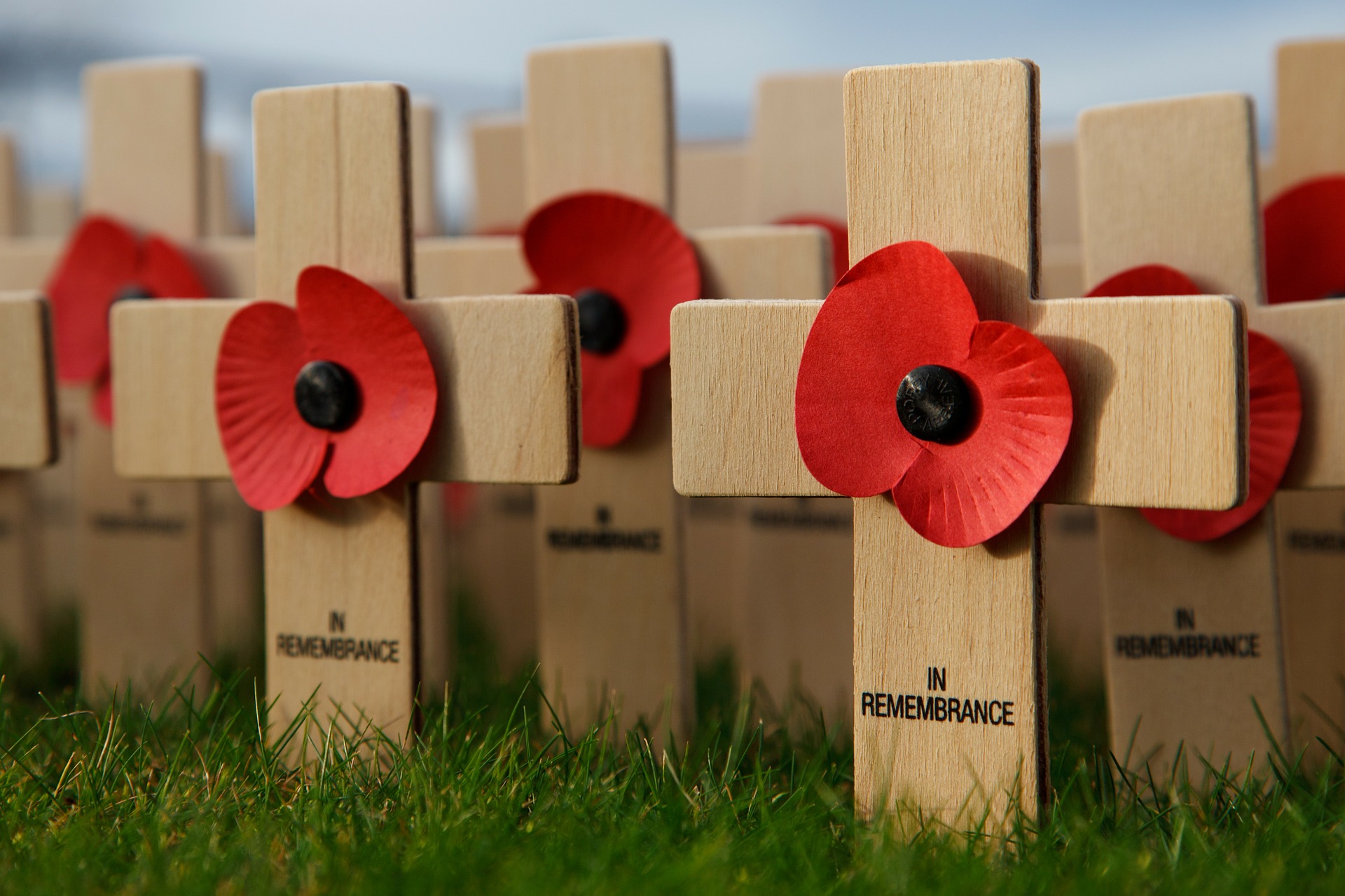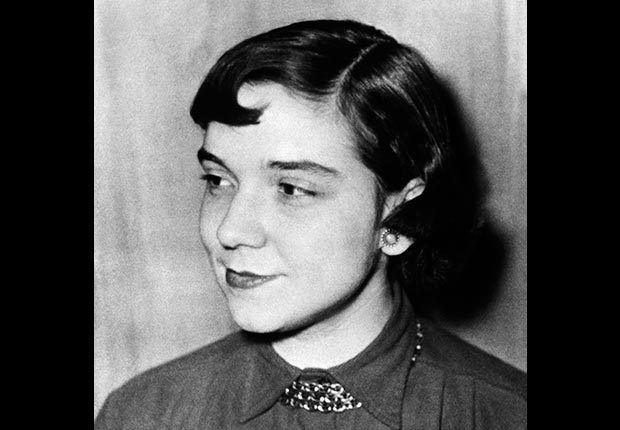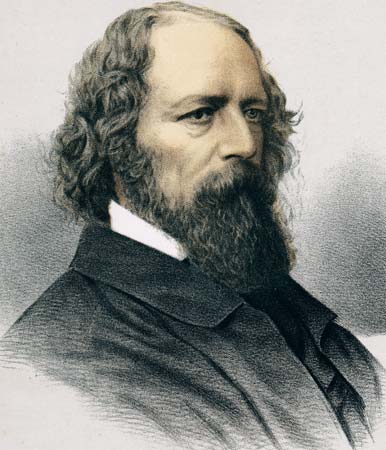Introduction to the Poet:
Anne Bradstreet was born in 1612 in Northamptonshire, England. Anne, along with her husband and parents, emigrated to America with a Puritan group. They settled in Massachusetts. She became one of the first poets to write English verses in the American colonies. However, the idea of the women writer was not popular at this time. It was quite a rare and uncommon thing to find a woman writing poems or essays. She was also a daughter of a Puritan called Thomas Dudley.
She wrote many poems that were taken to England by her brother-in-law and published in 1650 without her knowledge under the title The Tenth Muse, Lately Sprung Up in America. Other poems were published in 1678 after her death.
The Prologue:
“The Prologue” by Anne Bradstreet is a metaphorical poem dealing with the struggles of humans to cope with change and creativity entering the new world. The insecurity, sadness, and concern of a new world often overpower us and thereby puts us in a dilemma of moving forward or crawling back. Similarly, Anne Bradstreet also faced those insecurities when she entered public writing. This poem is a reflection of her emotions.
The setting of The Prologue:
The poem was written when the poet had entered public writing. She had faced many situations of trouble since the time when she had to leave England and give birth to eight children. Further, she also wrote in an era when male dominance was prevalent. Even among all the unfavorable circumstances, they became the first published woman poet in America.
This poem deals with her struggles.
Poetic Devices in The Prologue:
“The Prologue” is written in the ABABCC rhyme scheme for a total of six lines per each of the eight stanzas. Each line consists of ten syllables. Written in Iambic Pentameter.
Symbolism:
“my mean Pen” is a symbol of the skill of poetry that Bradstreet possessed. “needle” holds the meaning that pens for men and needles for women are a concept that must be broken.
“sweet-tongued Greek” was an idea that Demosthenes was a beautiful speaker. “carping tongue” means the critics and their criticism.
Alliteration:
“weak or wounded brain admits no cure.”- The repetition of w makes it a powerful alliteration.
Similarly, “A Poet’s Pen all scorn I should thus wrong,”
Also, has alliteration.
Personification:
“muse” is yet a personification of artistic inspiration.
And this to mend, alas, no Art is able,
‘Cause Nature made it so irreparable.
Here, Nature and Art are personified.
Allusions:
Guillaume du Bartas (full name Guillaume de Salluste, seigneur du Bartas—now say that three times fast) was a French Protestant poet.
The muse of epic poetry, whose name was Calliope, gets a special shout-out in line 33. Partly, this underlines the point the speaker just made, that the muses were women. We think she is also just plain old proud to be a kind of metaphorical daughter of the goddess of poetry.
Demosthenes (19-22): The speaker brings up Demosthenes as an example of someone who started out from behind and pulled ahead through hard work. Thus he was mentioned to have a sweet tongue.
The Muses were the ancient Greek goddesses of science and art. Our speaker brings them up a lot in this poem. This is partly because the muses were believed to inspire the creation of poetry, and it was fashionable to bring them up in a poem in Bradstreet’s day.
Imagery:
And oh ye high flown quills that soar the skies,
Here, calling male poets “high flown quills.” This image shows that poets’ pens were made out of bird feathers (quills).
Summary of The Prologue:
Through the poem, Anne Bradstreet portrays her struggle as a woman poet to establish herself in a patriarchal world.
“To sing of Wars, of Captains, and of Kings,
Of Cities founded, Common-wealths began,
For my mean Pen are too superior things;.”
Bradstreet starts the poem by saying she will not write about noble events, wars, captains or kings, or matters of great significance because she considers herself not skillful enough. She goes on to say that the poems of noble and significant issues will be written by men.
She goes on to say when she reads the works of Bartas and such poets, she wishes to write like them, and she feels jealous. However, on the other hand, she wants to use her skills, be satisfied with them and hence use them for writing.
“From School-boy’s tongue no Rhetoric we expect,
Nor yet a sweet Consort from broken strings,
Nor perfect beauty where’s a main defect.”
She goes on to say that just like we do not expect a Rhetoric speech from a school boy’s mouth, and no sweet melodies are expected from a broken instrument, one shouldn’t expect a perfect outcome from an imperfect thing with main flaws. Then she relates this to her poems. Though she writes poems, she has flaws, and her biggest flaw is that she is a woman. However, this is wonderful sarcasm.
She says that she would use the critics of men to sharpen her skills of poetry and confront them rather than being scared away.
“what I do prove well, it won’t advance,
They’ll say it’s stol’n, or else it was by chance.”
Our poor speaker feels like she just can’t win: even if she writes well, she will be thought of stealing someone else’s poem.
As we go in through the poem, we see that she had praised the muses, goddesses of poetry, and Greeks. However, at the end of the poem, she begins to say though she is ready to accept that males are skillful in poetry, they can hold the upper position. However, women should not be neglected, and rather than subjugating them, they should be given credit, too.
Critical Analysis of The Prologue:
The poem is a satirical one about the patriarchal society of Puritans at gunpoint. The poem emphasizes the struggles and subjugation of women in spite of their talent, aura, and charm.
The poetries of women had remained suppressed for a long time in spite of their skill. The poem is a shout-out against the patriarchal and male dominating society.
Bradstreet was the first woman poet to be published in America. This poem is a reflection of the prejudice she had to face
Central Idea of The Prologue:
The central idea of the poem deals with the subjugation of women in a society led by a Puritan male. The poem throws light on the theme of social discrimination and genders biased. The awful condition that women had to go through while being involved in the household chores and not getting recognition for their worldwide talent was not expected but practiced.
The poem also deals with the theme of humility. The poet believes one should be humble. In spite of the fact that she wrote such wonderful poetry, from the first stanza itself, she had been showing humbleness. This characteristic feature makes the poet even more appealing.
The Tone of The Prologue:
The tone of the poem is one of mockery and irony. It stands as a beautiful comparison of the society of that era with that of today. In the patriarchal male dominating society, the evolution of a woman poet, and her struggles, brought her to the position.
Throughout the poem, the poet builds a tone of irony combined with a sense of sadness and fear of insecurity that reflects the state of our mind.
Conclusion:
The poem is a wonderful reflection of the subjugation of women, the gender-biased and the hidden treasure of talents in women that society lacked. The poem, with beautiful imagery, wonderful comparisons, and wistful conceit, stands out as one of the best in the era.
You can also go through the summary of The Seven Ages of Man by William Shakespeare here.
Some online learning platforms provide certifications, while others are designed to simply grow your skills in your personal and professional life. Including Masterclass and Coursera, here are our recommendations for the best online learning platforms you can sign up for today.
The 7 Best Online Learning Platforms of 2022
- Best Overall: Coursera
- Best for Niche Topics: Udemy
- Best for Creative Fields: Skillshare
- Best for Celebrity Lessons: MasterClass
- Best for STEM: EdX
- Best for Career Building: Udacity
- Best for Data Learning: Pluralsight
